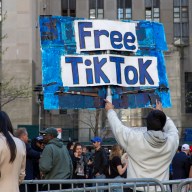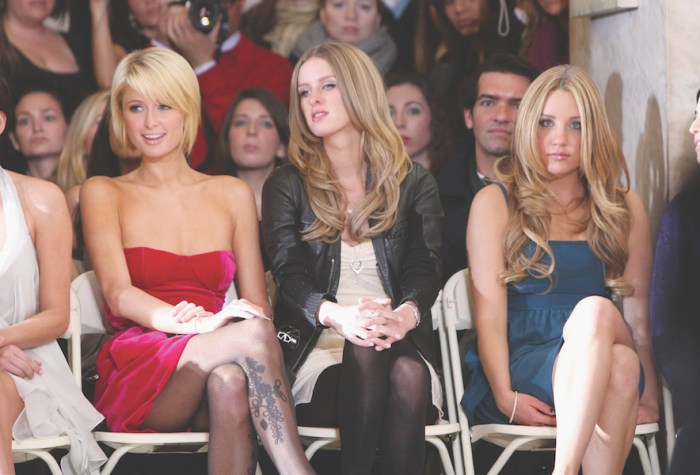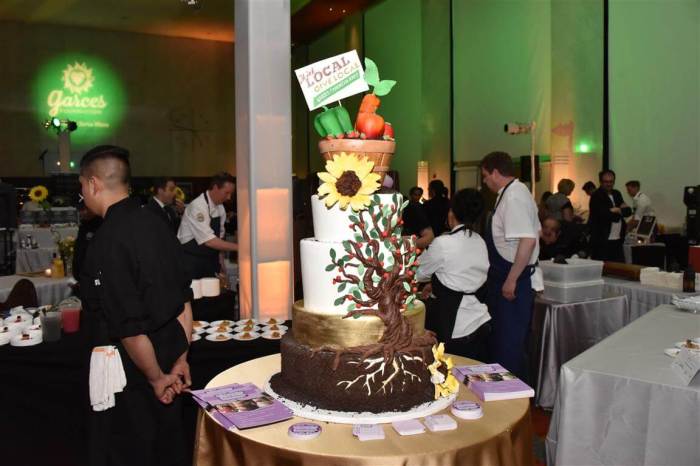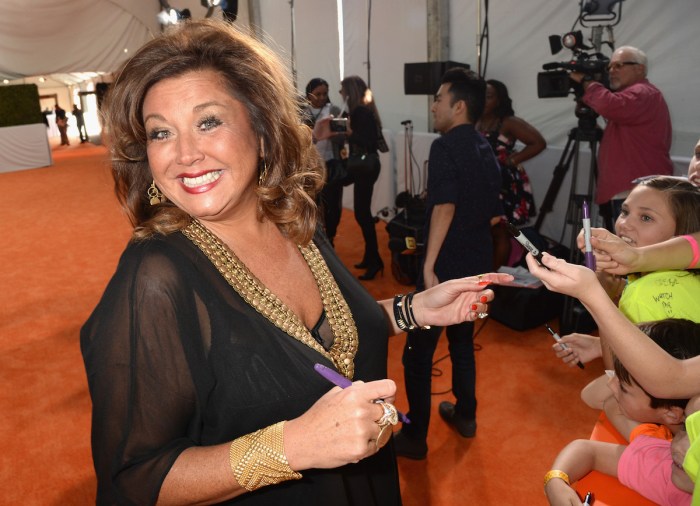 Senior Embryologist Jessica Bailey works to freeze a patient’s eggs at the Boston IVF Lab in Waltham.
Senior Embryologist Jessica Bailey works to freeze a patient’s eggs at the Boston IVF Lab in Waltham.
Credit: Nicolaus Czarnecki, Metro
Egg freezing will become as common as the birth control pill within 10 years, according to fertility specialists at Boston IVF, which is why they are hosting a free Fertility on Ice cocktail hour at Faneuil Hall’s Frost Ice Bar.
[embedgallery id=200268]
Women who are torn on whether to step straight into motherhood or put the decision on ice are invited to dress warm and sip cocktails at the newly openedFrost Bar on June 19 and hear experts explain the basics of fertility preservation.
Anesthesiologist Pei-Lin Kim opted to freeze her eggs at 34 years old to delay family building. Now 39, Kim says though she is still unsure of her childbearing plans, she is relieved that her eggs are “suspended in time.”
“I was single when I had my eggs frozen, and because I work [at Boston IVF], I was more aware of the possibility that as I get older I might have more trouble getting pregnant,” said Kim, who is still single. “I’d like to raise a family with a significant other, but for me, the time hasn’t come yet. “
 Senior Embryologist Jessica Bailey evaluates a patient’s embryos at the Boston IVF Lab in Waltham.
Senior Embryologist Jessica Bailey evaluates a patient’s embryos at the Boston IVF Lab in Waltham.
PHOTO BY NICOLAUS CZARNECKI/METRO
Elective egg freezing has gained momentum since the American Society of Reproductive Medicine removed the experimental label from the procedure in 2013.
Doctors estimate that over 5,000 babies have been born with eggs frozen for fertility preservation.
Dr. Alison Zimon, a reproductive endocrinologist at Boston IVF points to a noticeable uptick in women opting for vitrification since she joined Boston IVF in 2006.
“It’s no longer investigational, it’s becoming mainstream,” says Zimon. “And it’s wonderful because it’s an option for women to not feel pressured into having a baby if it’s not the right time; if the relationship is not right or if they have too much going on in their career.”
The Reproductive Science Center of New England has also reported a doubling in the number of consultations for egg freezing over the past two years.
“Our experience at RSC is the average patient who elects to have their eggs frozen is between the ages of 30 and 39 and has 10 to 12 mature eggs frozen per cycle,” said Dr. Samuel Pauli, Lead Physician for the Fertility Preservation Team at RSC.
When should women start to consider freezing their eggs?
-According to the Reproductive Science Center of New England, the chances of getting pregnant without IVF starting at about age 30 decrease gradually but significantly.
-From age 35, a woman’s fertility decline speeds up. By age 40, fertility has fallen by half.
-At age 30, the monthly chance of conception is about 20 percent. And at 40, it’s around 5 percent.
“We definitely advise people to think of this before they turn 40. The ideal is under 35. I find a lot of women doing it in the 28 to 35 age bracket,” said Zimon.
A healthy woman with good quality eggs is looking at a 50 to 55 percent chance of becoming pregnant down the line, Zimon said.
But there is a catch – egg freezing isn’t cheap.
It typically costs around $5,000 to freeze the eggs, then as much as $7,000 when the time comes to cash in on them.
“I almost looked at it like it was insurance, or a good investment,” said Kim.
Despite the empowerment and flexibility egg vitrification offers women, Zimon said she hopes prospective mothers don’t put all their eggs in one frozen basket.
“It is a wonderful option, but I do feel women should plan child bearing earlier rather than later for so many reasons. Think of this as a safety net or a back up plan.”
TheFertility on Ice event is free, but registration is required: RSVP@bostonivf.com.
Follow Morgan Rousseau on Twitter: @MetroMorgan
Follow Metro Boston on Twitter: @MetroBOS


















